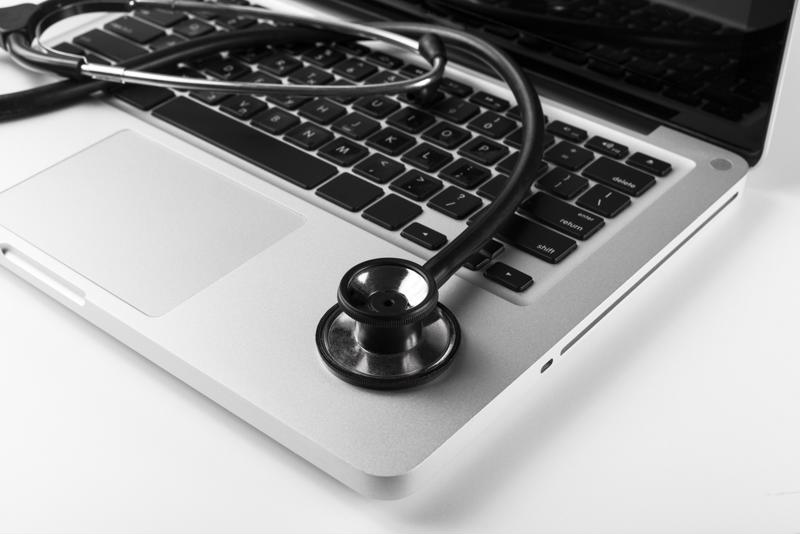Technology has certainly played an important role in improving the quality of medical care now given to patients, but it has also led to the creation of massive amounts of medical data that must be securely stored and handled. The Health Information Portability and Accountability Act put strict guidelines in place for how health care providers in the United States are supposed to deal with sensitive patient data, but many organizations continually fail to meet compliance requirements.
According to information collected by the U.S. Department of Health and Human Services’ Office for Civil Rights Breach Portal, the majority of medical data loss occurs as a result of theft. Over half of all health care provider breaches are due to the theft of protected health information, usually as a result of a crime of opportunity such as a stolen laptop. The second largest cause of breaches – 18 percent – were due to unauthorized access or disclosure of personal health information.
“Nearly 25% of all breaches dealt with information stored on paper or film.”
According to the breach portal, nearly one-quarter of all breaches dealt with information stored on paper or films such as X-rays. Another 21 percent of breaches dealt with data stored on laptops that were either lost or stolen. Other areas of concern include information stored on desktop computers or mobile devices and medical data included in email correspondence.
When looking into the causes behind these data breaches, the HIPAA Pilot Audit Program found that 80 percent of health care providers did not have a complete or accurate risk analysis done for their networks. The audits also revealed that organizations did not properly manage user access, did not encrypt personal health information and failed to put appropriate security incident procedures in place.
 Health care providers are struggling to protect patient data and stay HIPAA compliant.
Health care providers are struggling to protect patient data and stay HIPAA compliant.Protect health data with a secure communication channel
Clearly health care providers are struggling when it comes to storing and sharing documents containing sensitive medical data in a secure way that complies with HIPAA regulations. One obvious problem is that many organizations rely on outdated methods of storage, like USB devices and external hard drives, as well as insecure channels of communication like email. To improve security, health care providers should look to the cloud for more secure storage, and look to FoIP providers for an improved communication channel.
Fax-over-IP utilizes the Internet and the cloud to send documents in a secure manner. Not only does FoIP make sharing medical information easier, but it keeps an archive of sent records and protects those documents to help ensure HIPAA regulations are met. FoIP service providers like FaxCore store sensitive health data on dedicated cloud servers, allowing organizations to have a secure EHR database that is easy to search and manage.
When faxes are sent with a FoIP service, the information within is encrypted to ensure security and privacy. The records stored are accessible from anywhere with an Internet connection. Faxes can also be sent and received from any Internet-connected device via email, making document transfers safer and simpler than ever before.
Enhance enterprise communication, collaboration and compliance efforts with a proven FoIP solution from FaxCore. Contact FaxCore today to learn more about their ‘Partly-Cloudy’ fax solutions.




